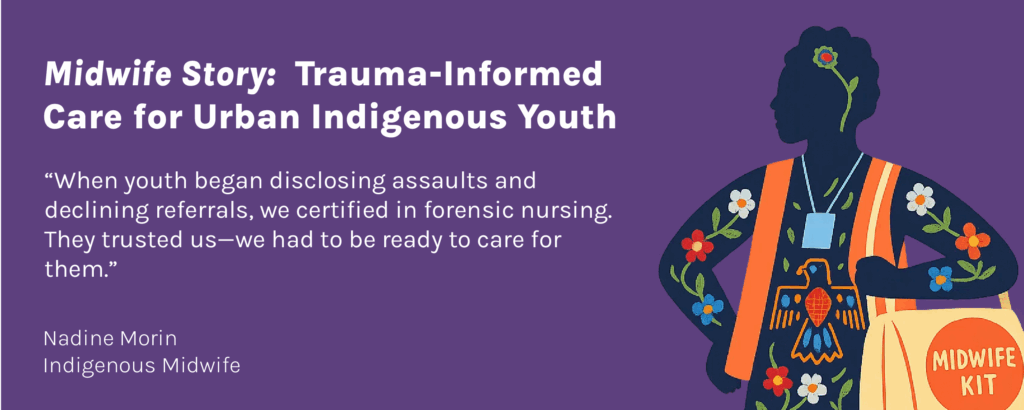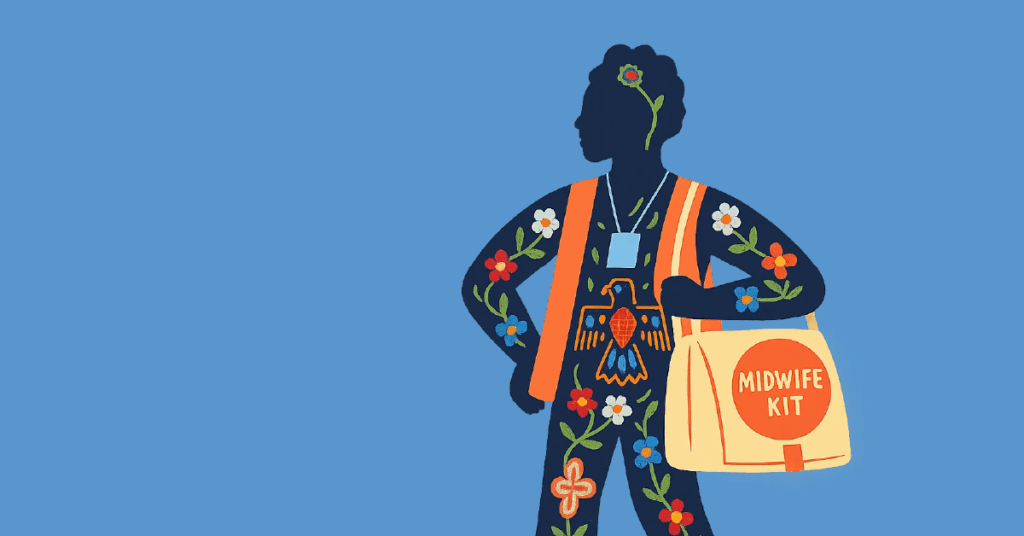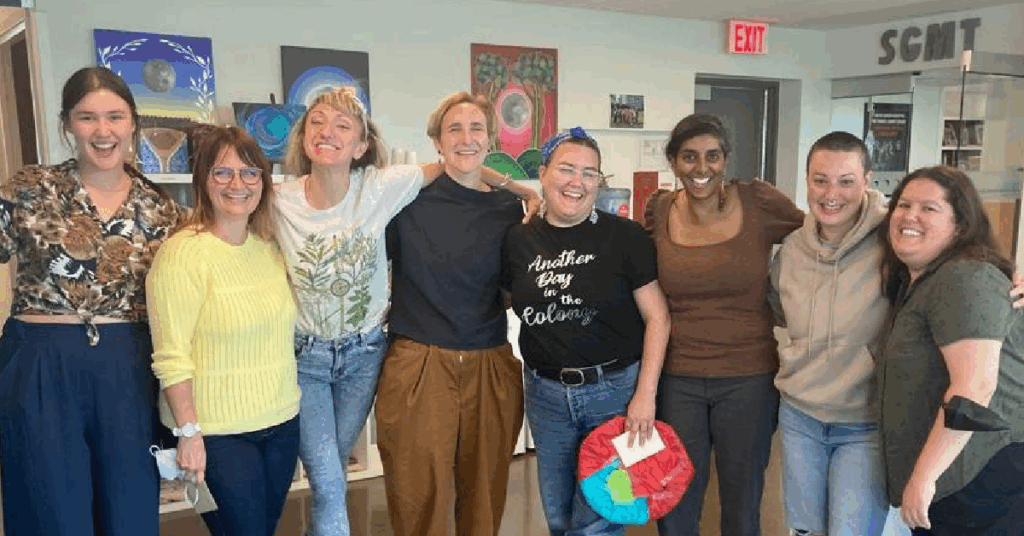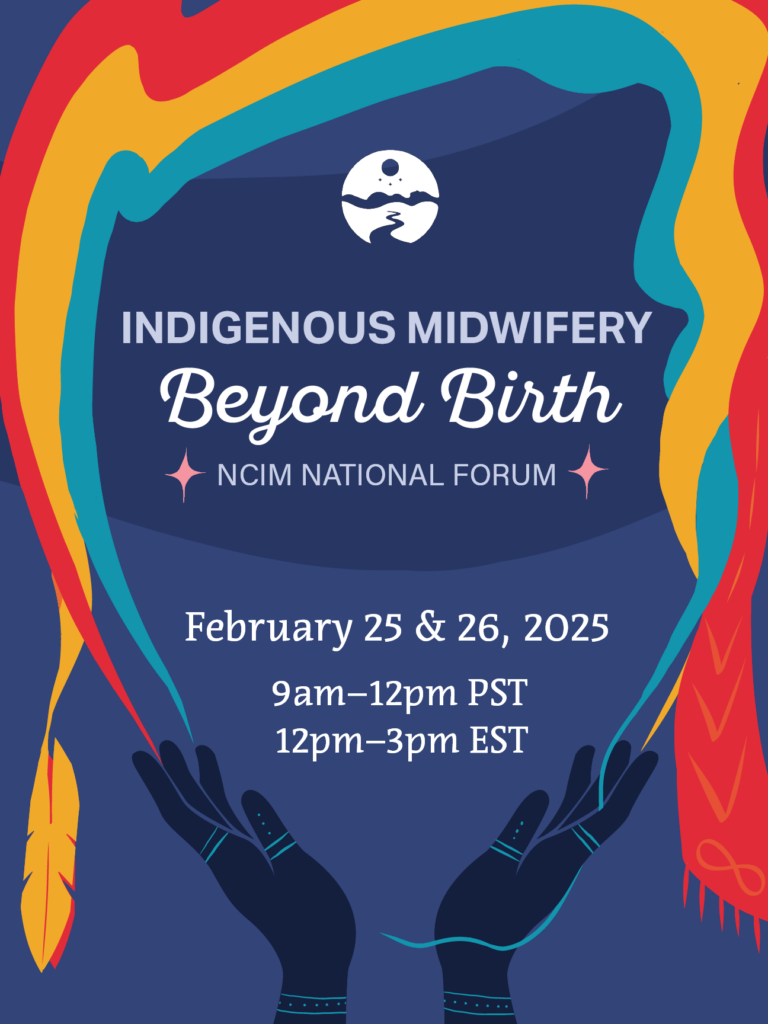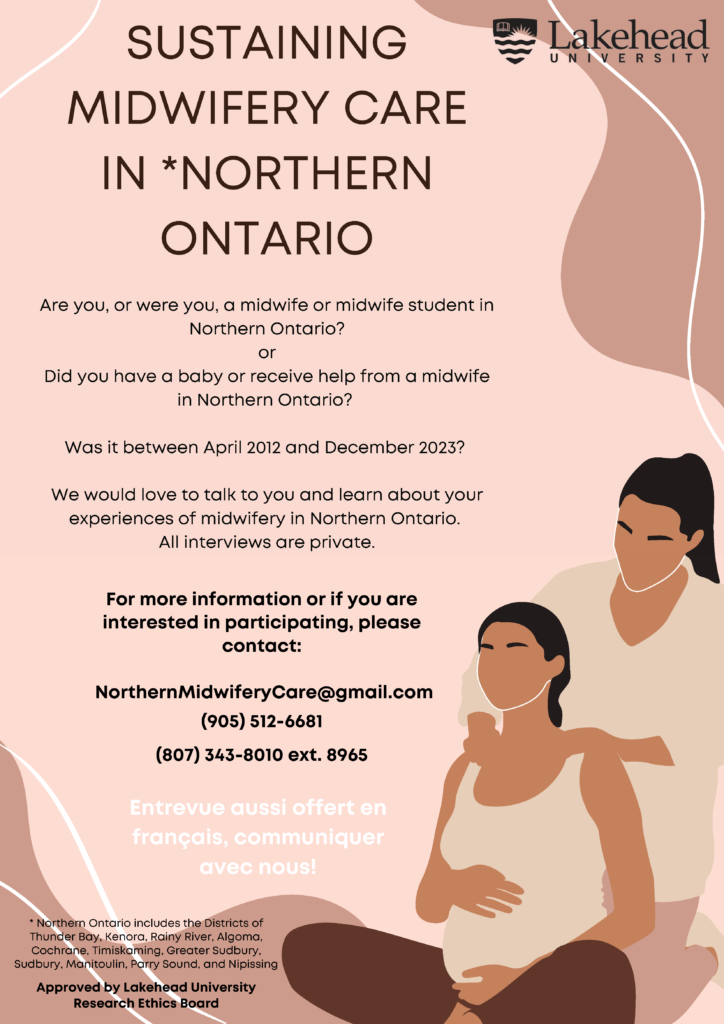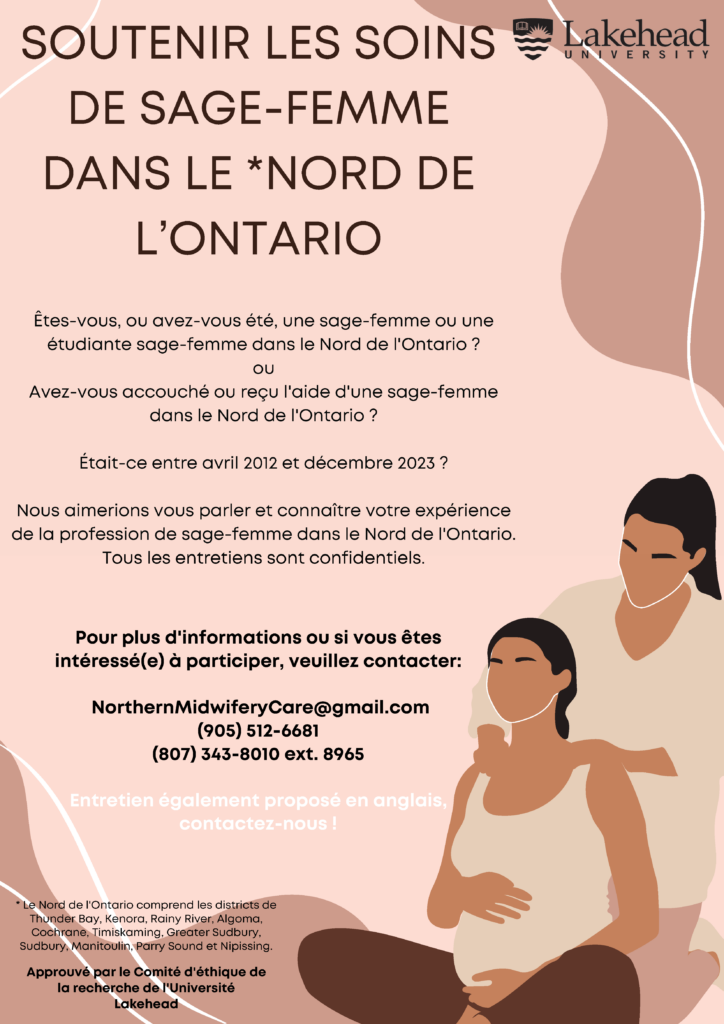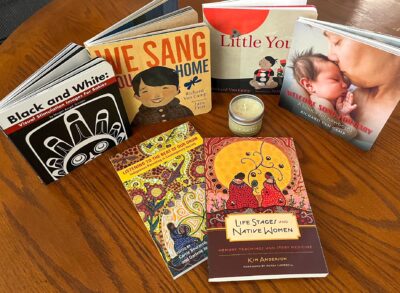Midwife Story: Building Safety Through Relational Care
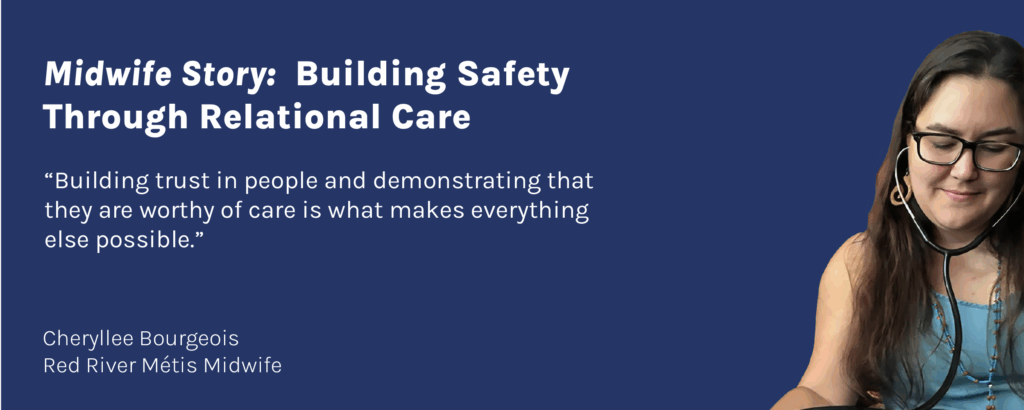
Cheryllee Bourgeois, a Red River Métis midwife and co-founder of Call Auntie in Toronto, Ontario, is passionate about the role of Indigenous midwifery in transforming healthcare for those who have been excluded or harmed by mainstream systems. “Indigenous midwifery is about looking at our care critically and making it accessible to the most vulnerable or the folks who have the least relationship with the healthcare system,” she explains.
This guiding principle shaped Cheryllee’s work for over a decade at Seventh Generation Midwives Toronto, where she and her colleagues experimented with ways to build trust with community members and foster partnerships with aligned organizations. Those long-term efforts laid the foundation for Call Auntie, which launched during COVID-19 and quickly became a community-led model of wraparound Indigenous care.
Call Auntie goes far beyond perinatal services. The team offers lifecycle sexual and reproductive health care, mental health support, advocacy for families involved with child protection agencies, and assistance with housing and social service navigation. They also integrate complementary health services like vaccination in an accessible, culturally relevant way. “When you have a baby and a mother coming to a visit and they’re bringing their auntie, I can say ‘OK, let’s get this baby immunized,’ and then turn to the auntie and say, ‘Are you up on your immunizations?’” explains Cheryllee. “You are literally providing intergenerational care—and that ripple effect can ripple throughout a community.”
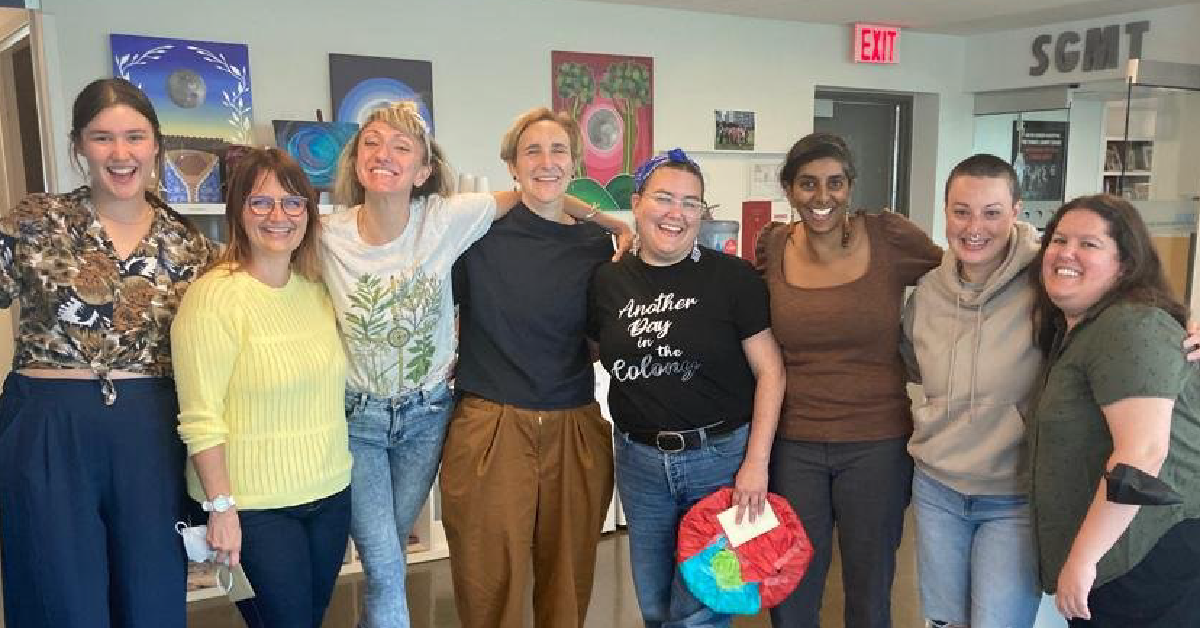
The relational foundation of this work is key. Cheryllee views Indigenous midwifery as a healing bridge—one that supports people who may have never had access to safe, dignified care. “It’s about building trust in people, demonstrating they are worthy of care,” she says. The model she practices creates conditions for healing that are not just physical, but emotional and spiritual as well.
One client story illustrates this clearly: “I had a client who came in very late in their pregnancy, having had no prenatal care at all,” Cheryllee recalls. “At that first visit, we just sat together—I listened to their story, we talked, and we started making a plan. I offered to listen to the baby’s heartbeat, and she said, ‘No, next time.’ But even that conversation, that time spent building trust and planning together, was enough for her to agree to come back. At the next visit, I was able to take her blood pressure, listen to the baby, and start doing the clinical care.”
This kind of slow trust-building is a hallmark of the Indigenous midwifery model—and one that often doesn’t fit neatly into conventional systems of care. “Sometimes, just showing up and being heard is the care that’s needed most in that moment,” says Cheryllee, “and it’s what makes everything else possible.”
The work is collective, too. Health is not viewed as an individual pursuit, but something shaped by family, community, and culture. Cheryllee believes that when midwives are supported to work to their full scope, they can transform health outcomes for entire communities.
Yet, in many cases, systems underutilize midwives in ways that are both inefficient and inequitable. “In Ontario, they paid doctors a huge amount of money to fly up into communities, provide vaccines for a day, and then fly out,” Cheryllee explains. “In some of these places, you have midwives who can do injections, who would be happy to give vaccines. They know the community, they could go to people’s homes, or they could coordinate an event at the community hall. But instead, a lot of money is being spent to provide care that might not reach people as well.”
Indigenous midwives, she adds, are often the long-term holders of community health knowledge. “They know who was born to whom. They understand that certain families always have breech babies. This knowledge exists within Indigenous midwives when they work in a community for a long time,” she says. “And when you can support a midwife to work to her full capacity—or their full capacity—then what you’re doing is you’re investing in the long-term health outcome of a community.”

